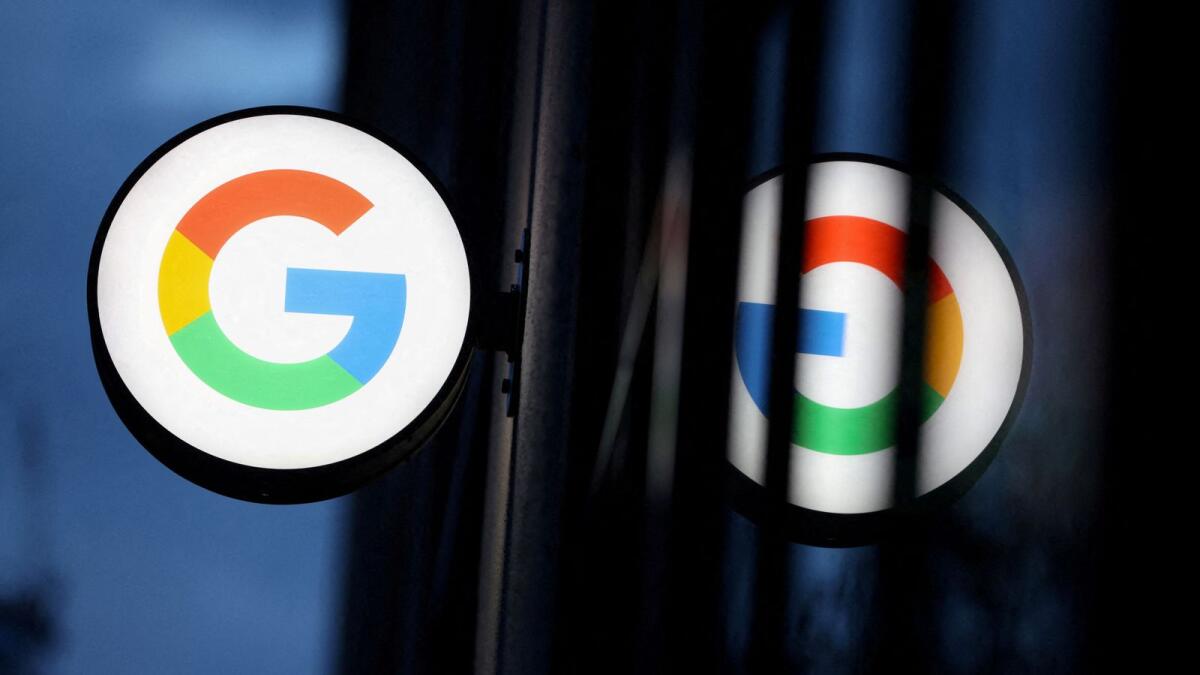In August, major tech firms experienced declines in their market values due to concerns over increasing artificial intelligence infrastructure costs and rising recession risks. This made the stocks vulnerable during a market correction. Alphabet Inc saw a 4.7% decrease in market value, with concerns about YouTube’s advertising sales and a U.S. judge’s ruling against Google contributing to the decline. Amazon.com Inc also faced a 4.5% drop in market value due to slowing online sales. Tesla’s market capitalization fell by 7.7% following weaker Q2 earnings and news of a new 100% tariff on Chinese-made electric vehicles planned by Canada.
Tesla’s market value was affected by concerns about potential profit impacts of exporting from its U.S. production base due to the new tariff imposed by Canada. Nvidia’s market value also fell by 7.7% in the last week of August after reporting revenues that only met expectations and projecting third-quarter gross margins below market estimates. Despite its dominant position in the AI chip market, Nvidia’s performance disappointed investors who were expecting a stronger showing. On the other hand, Eli Lilly’s market value surged nearly 20%, driven by robust sales and the launch of a weight-loss drug that reduces the risk of developing type 2 diabetes in overweight adults.
Berkshire Hathaway achieved a market value above $1 trillion for the first time in August, reflecting investor confidence in the conglomerate built by Warren Buffett over nearly six decades. Market confidence in Berkshire Hathaway positions it as a proxy for the U.S. economy. Meta also experienced a nearly 10% increase in its market value after beating market expectations for second-quarter revenues and forecasting strong revenue growth for the coming quarter. Strong digital ad spending on Meta’s platforms could help offset the costs of its AI investments, leading to positive market reactions.
In conclusion, the tech industry saw fluctuations in market values during August, with concerns over rising AI infrastructure costs and recession risks contributing to stock declines. While some major tech firms experienced losses, others like Eli Lilly and Berkshire Hathaway saw significant gains. Investors are closely monitoring the impact of AI investments on companies’ financial performances and market values, as well as geopolitical factors affecting production and trade in the tech sector. Companies that can effectively manage costs and leverage their AI capabilities may continue to attract investor interest and drive market value growth.











